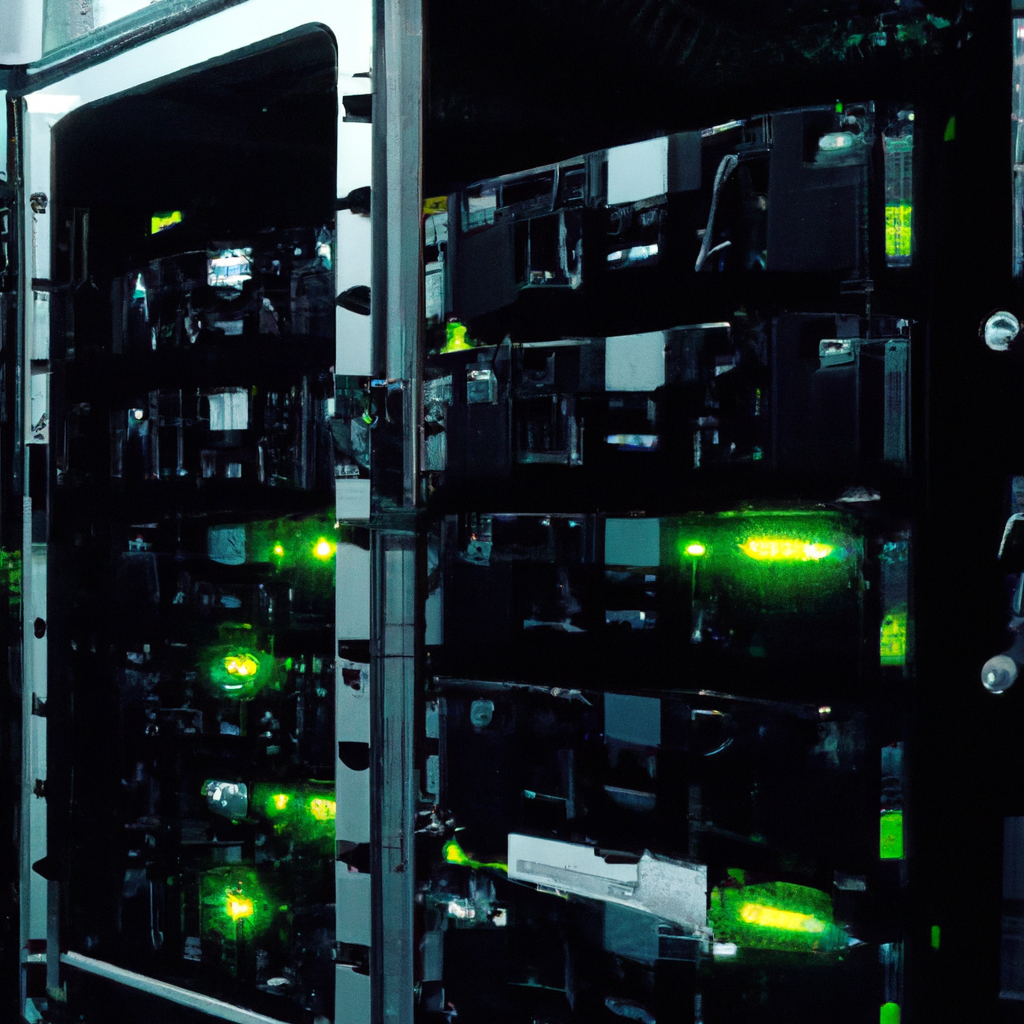A supercomputer is a high-performance computing system that is capable of processing massive amounts of data at an incredible speed. It is the most powerful type of computer, used in a variety of fields such as scientific research, computational science, artificial intelligence, and quantum computing. Supercomputers are designed to solve complex problems that require an immense amount of computing power and data processing capabilities. In this article, we will explore how a supercomputer works and the technologies that enable it to achieve such high levels of performance.
Computer Architecture
A supercomputer is built using a different architecture than a standard computer. It is designed to execute multiple tasks simultaneously, known as parallel processing. This is achieved through a combination of hardware and software technologies. The hardware components of a supercomputer are made up of thousands of interconnected processors, each with its own memory. These processors work together to perform tasks in parallel, allowing the supercomputer to complete complex computations at a much faster rate than a standard computer.
Parallel Processing
Parallel processing is the key to a supercomputer’s incredible computing power. It allows the system to break down a complex problem into smaller, more manageable tasks, which can be executed simultaneously on different processors. The results of each task are then combined to produce the final outcome. This approach is much faster than traditional sequential processing, which requires each task to be completed before moving on to the next.
High-Performance Computing
High-performance computing (HPC) is another technology that enables a supercomputer to achieve its incredible computing power. HPC refers to the use of advanced computing techniques to solve complex problems that are beyond the capabilities of traditional computing systems. Supercomputers are designed to provide HPC capabilities, allowing researchers to tackle problems that were previously impossible to solve.
Data Processing
Supercomputers are also designed to handle massive amounts of data processing. They are equipped with high-speed data storage and retrieval systems that enable them to process large amounts of data quickly. This is particularly important in fields such as scientific research, where data sets can be enormous. By processing data at such high speeds, supercomputers can provide researchers with insights that would be impossible to obtain using traditional computing systems.
Computational Science
Computational science is another field that benefits greatly from supercomputing. It involves the use of computer simulations to model complex systems and phenomena. Supercomputers are essential for this type of research, as they provide the computing power required to run these simulations. By simulating complex systems, researchers can gain insights into how they work and make predictions about how they will behave in the future.
Artificial Intelligence
Artificial intelligence (AI) is an area where supercomputers are particularly useful. AI involves the use of algorithms and machine learning to simulate human intelligence. Supercomputers provide the computing power required to train these algorithms and process the vast amounts of data required for AI applications. By applying AI to complex problems, researchers can develop new solutions and insights that were previously impossible to obtain.
Quantum Computing
Finally, quantum computing is an emerging field that promises to revolutionize computing. It involves the use of quantum bits (qubits) instead of traditional bits to perform computations. Supercomputers are essential for the development of quantum computing, as they provide the computing power required to simulate and test these systems. While quantum computing is still in its early stages, it has the potential to provide even greater computing power than traditional supercomputers.
Conclusion
In conclusion, supercomputers are incredibly powerful computing systems that are essential for a wide range of fields, including scientific research, computational science, artificial intelligence, and quantum computing. They are designed to provide massive amounts of computing power and data processing capabilities, enabling researchers to tackle complex problems that were previously impossible to solve. While the technology behind supercomputers is complex, it is essential for advancing our understanding of the world around us and developing new solutions to some of the most pressing challenges of our time.







